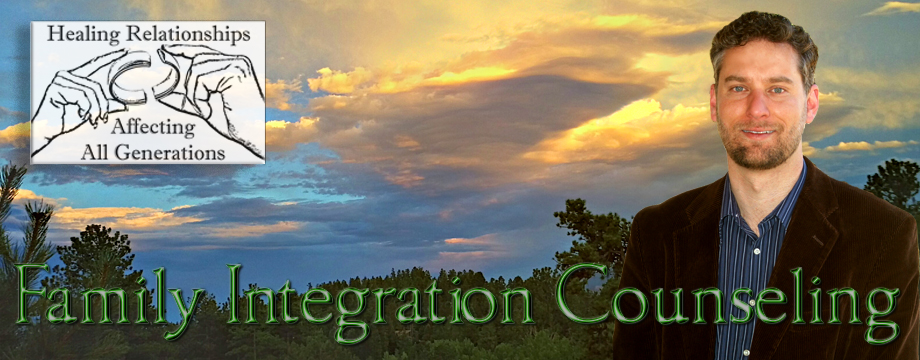If you, or the court has decided, either by your history or the nature of your offense, that you have an anger problem you may have to attend Anger Management Classes. This may pull up thoughts in our imagination of people standing around beating on pillows or yelling at each other but nothing is further from the truth. Anger Management Classes at Family Integration Counseling Service follow a Cognitive Behavioral Therapy format.
Simply stated we recognize that our thoughts change our feelings which then motivate our behaviors. If we can understand, monitor and change our thinking we can affectively change our feeling and our behavior. Angry and abusive behavior is often the result of negative thinking such as believing we are a victim, feeling our rights are being violated or believing we aren’t getting what we deserve. As we change our thinking we notice the feelings that were so difficult to deal with are now manageable.
Simple skills allow us to manage and tolerate those feelings that remain. These skills include relaxation strategies, skills to increase self awareness, conflict resolution strategies and more.
Anger Management Classes are available in either 6 or 12 session formats. You and your therapist will decide what format you need based on your history, what you want to get out of treatment and what the court is requiring.
WHAT CAN I TRY ON MY OWN?
Anger only has one message. It tells us that something needs to change. That’s all…what needs to change? That will be different every time you experience anger. Try the following steps to control your anger.
1) STOP: Done go any further. Stop what you’re doing and take a break to think.
2) BREATH: Breath in through your nose to the court of 4. Blow out through your mouth to the count of 8. Do these 5 times minimum!
3) F.O.C.U.S.: Use this acronym to learn improved self control and identify healthy thinking.
Feelings: After you breathe check out what you are feeling (other than anger).
What are you feeling in your heart?
What is going on in your mind?
How are you feeling in your body?
How do you feel spiritually?
Options: List every one of your options that your can think of. Don’t stop at the good ones! Bad options often help us learn more than good ones. List them all.
Consequences: Describe every consequence that might happen for each option you created. Don’t short change this. Run the consequence out as far as you can think about.
Use Positive Self Talk: Shame is often behind all abusive behavior. We sometimes need to remind ourselves that we are able to accomplish the goals we set for ourselves. List your strengths, characteristics and traits that can help you overcome this difficulty.
Self Responsibility: By taking charge of only things we are responsible for and setting boundaries against think we are not responsible for we free ourselves to make the best choices. Avoid being a victim. Don’t be an abuser. Don’t rescue others from problems they have created for themselves.
For more on this technique consider reading Stop – Breath – FOCUS by Mary V Augustyn LPC.


